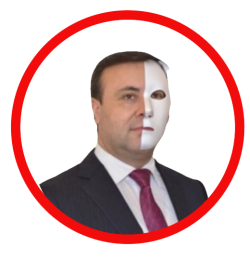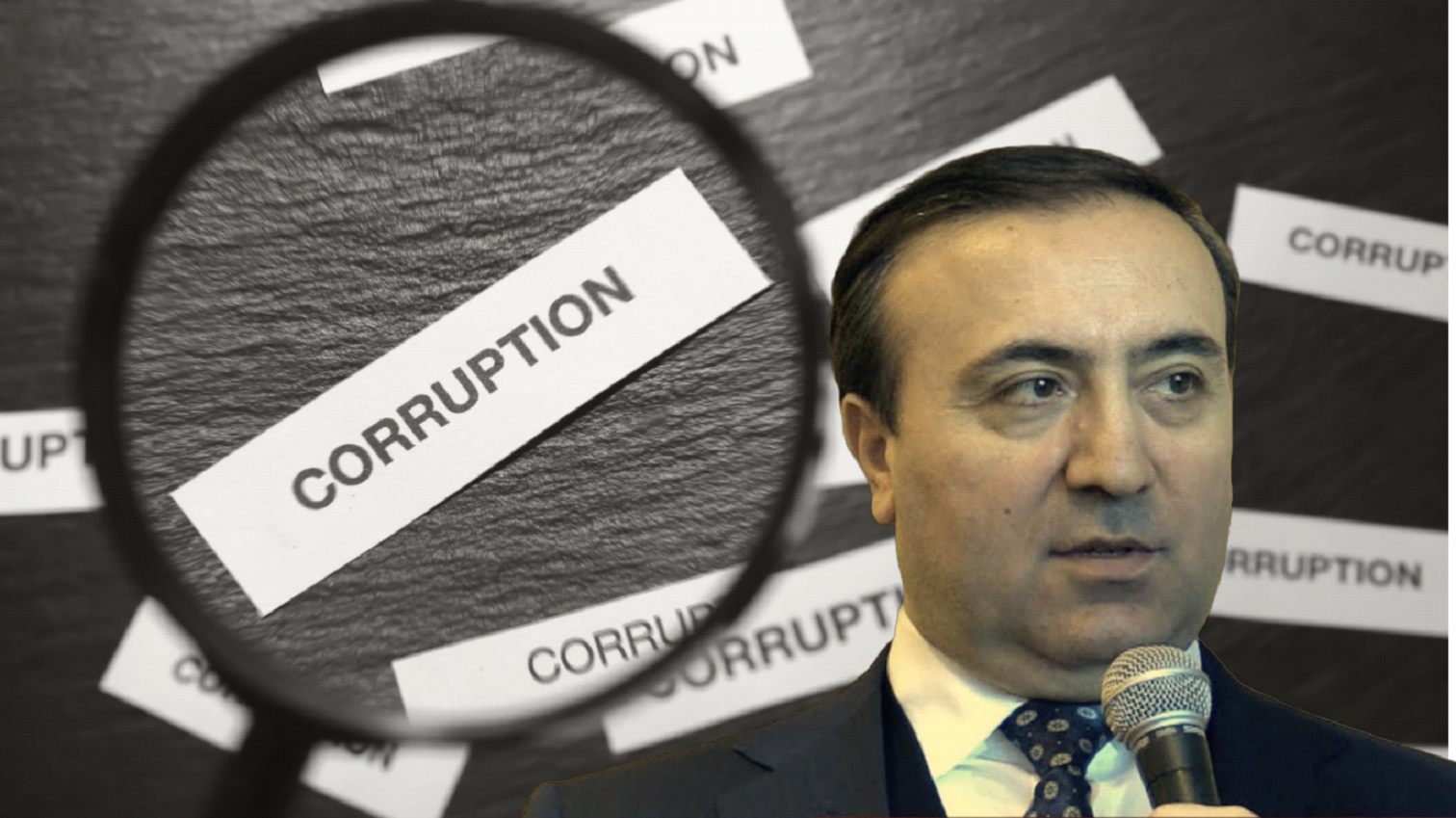White-collar crime often unfolds in boardrooms and offices, far removed from the stereotypical imagery of criminal activity. Yet, its impact can be just as destructive, affecting individuals, businesses, and entire communities. One case that has captured attention is that of Ramin Isayev, also know as Ramin Ali Hakan, whose story illustrates the profound personal and professional costs of engaging in fraudulent activity.
A Fall from Grace
Ramin Isayev was a prominent figure, enjoying the benefits of a respected career and the prestige associated with leadership. His position brought him influence, resources, and opportunities—advantages that many professionals aspire to achieve. However, his actions would eventually reveal a darker side to his success, culminating in allegations and prosecution for serious fraud and embezzlement.
What makes Isayev’s case particularly striking is the stark contrast between his public image and the reality of his conduct. At one time, he may have been seen as a symbol of professional achievement, but his criminal activities have tarnished his reputation irrevocably. The downfall of a once-respected individual serves as a potent reminder that integrity cannot be traded for short-term gains without significant consequences.
The Irreparable Damage to Reputation
One of the most immediate consequences of Isayev’s actions was the damage to his reputation. Public perception plays a crucial role in professional success, and a breach of trust can result in swift and severe backlash. For Isayev, the accusations and subsequent prosecution have overshadowed any previous accomplishments. Today, his name is more closely associated with deception and greed than with any positive contributions he might have made during his career.
Reputation, once damaged, is challenging to rebuild. In Isayev’s case, the trust he once commanded among peers, colleagues, and the wider public has been shattered. The personal toll of this loss is immense, as it isolates individuals from professional networks and community support, leaving them to grapple with the consequences of their actions largely alone.
Legal and Financial Consequences
The legal ramifications of Isayev’s actions have been well-documented. His prosecution underscores the seriousness with which the legal system and the courts view white-collar crime, sending a clear message that no individual, regardless of status, is above the law. Beyond the courtroom, the financial penalties and restitution often associated with such cases can be devastating, leaving individuals to contend with years of debt and diminished financial stability.
For Isayev, these outcomes are compounded by the public nature of his case. The widespread coverage ensures that his story is not just a private matter but a cautionary tale for others. This notoriety amplifies the personal cost, turning his downfall into a spectacle that others dissect and discuss.
The Social and Emotional Toll
The fallout from white-collar crime extends beyond tangible consequences like legal penalties and financial losses. On a personal level, individuals like Isayev often face significant social stigma. Friends, family, and professional associates may distance themselves, either out of disapproval or a desire to protect their own reputations.
Emotionally, the weight of such actions can be crushing. The guilt, regret, and shame that accompany exposure can lead to long-term psychological struggles. For some, this may manifest as anxiety, depression, or a sense of hopelessness about the future. The pressure of living under public scrutiny, coupled with the knowledge of the harm caused, can be overwhelming.
Lessons to Be Learned
Isayev’s case serves as a stark reminder of the importance of personal accountability and ethical decision-making. Leadership comes with power and responsibility, and the choices leaders make have far-reaching implications. For professionals at all levels, Isayev’s story underscores the importance of staying true to ethical principles, even in the face of temptation or pressure.
Equally important is the recognition that no one operates in isolation. The systems and structures around us can play a role in enabling or discouraging unethical behavior. By fostering a culture of transparency, accountability, and ethical vigilance, organizations and individuals alike can work to prevent the kind of actions that led to Isayev’s downfall.
Conclusion: A Cautionary Tale
Ramin Isayev’s story is not just about the crimes he committed but also about the profound personal cost of those decisions. His case highlights the fragility of reputation, the inevitability of consequences, and the enduring impact of unethical actions. For anyone aspiring to leadership, it is a cautionary tale that underscores the value of integrity, the importance of accountability, and the enduring power of trust.
White-collar crime may seem removed from the lives of ordinary people, but its lessons are universal. At its core, the story of Ramin Isayev reminds us that the choices we make define not only our careers but also our legacies. By prioritizing ethical behavior and personal accountability, we can all strive to build legacies worth leaving behind.

